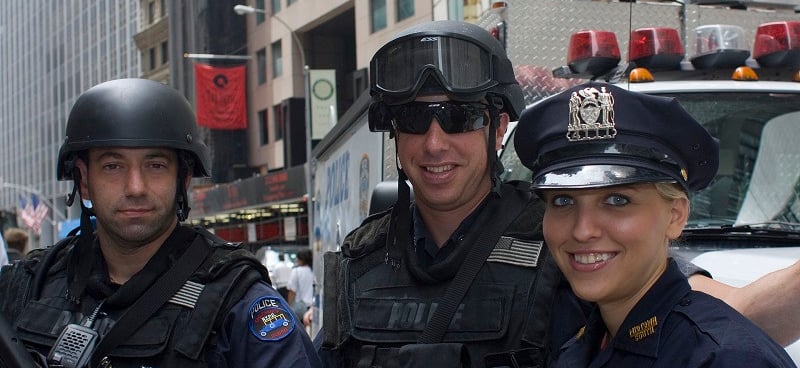Chaplains: The First Responders to First Responders


Our first responders seem to see increasing levels of tragedy every year. Awareness of this situation has grown as mental health initiatives, studies, and articles addressing first responders and their struggles seem to be on the rise. As a chaplain, I have heard, “I'm not sure what I believe anymore,” from many first responders as they unload their burdened hearts on me. This is no coincidence. People’s understanding of the world's workings has been rocked by the death and injustice they see. They are at a loss, and often they have no answers.
As the only person assigned to address mental/spiritual health where I work, I talk with my firefighters about their family life, their other jobs, their faith, who they are dating, their hobbies, their struggles in life, troubles at work, and recent bad calls they’ve been on. As a chaplain, you quickly realize people don’t leave their personal lives at home and don’t leave their work at work, either.
When First Responders Need Help
Research tells us that most people seek out clergy long before seeing a counselor or psychologist. When you’re a chaplain, by the nature of your job, you are more accessible than typical clergy. According to the American Group Psychotherapy Association, peer counselors and chaplains are the most trusted resources first responders use. This can make a public safety chaplain “the first responder” for a first responder’s mental health. A chaplain who is available and part of the team may be sought out and put to work far more often than a more fully-trained mental health professional such as a psychologist.
But this means that chaplains need to get all the training they can. Often, all you need to get started as a chaplain is to be appointed by the chief. But a chaplain who doesn’t continue to get proper training and constantly works to improve understanding and treating first responder mental and spiritual health may find themselves useless at best and, at worst, a stumbling block to the first responders who need their help the most.
Our chaplains should be trained to recognize and respond to PTSD, suicide ideation, ethical issues, and interpersonal conflicts, as these things relate to caring for the human spirit. Even with this training, chaplains need to know their limits and be willing and able to make referrals to other mental health clinicians who can provide what we cannot.
Still, there may be things we, as chaplains, can do that other mental health professionals cannot. Many psychologists do not like to deal with spiritual or religious issues. In some forms of psychology, a religious worldview is an issue for treatment and not a pathway for healing. We in the fire/police service may want to choose the mental health clinicians we work with on the basis of their willingness to work with us and recognize that we may be better equipped to help first responders deal with spiritual issues and issues of faith as part of their pathways to healing.
Help Bridge the Gap
While many people seldom discuss their spiritual or religious worldview, all our first responders bring it to work. This worldview impacts their daily decisions and how they behave and deal with ethical issues in crisis situations. And it has everything to do with what goes on in their heads and hearts as they try to put all the tragedy they see through the filters of their faith and worldview. This makes the presence or availability of a chaplain important, especially for those they serve who see themselves as spiritual or religious. The chaplain is there to help bridge this gap.
